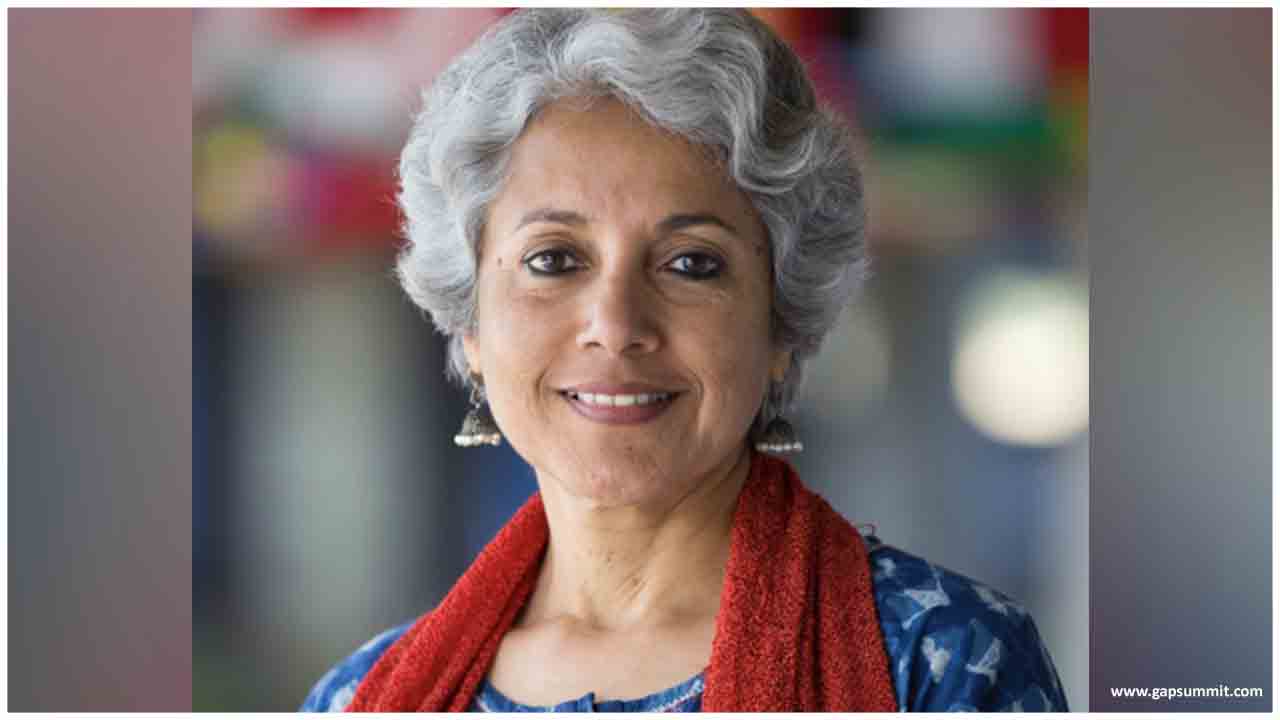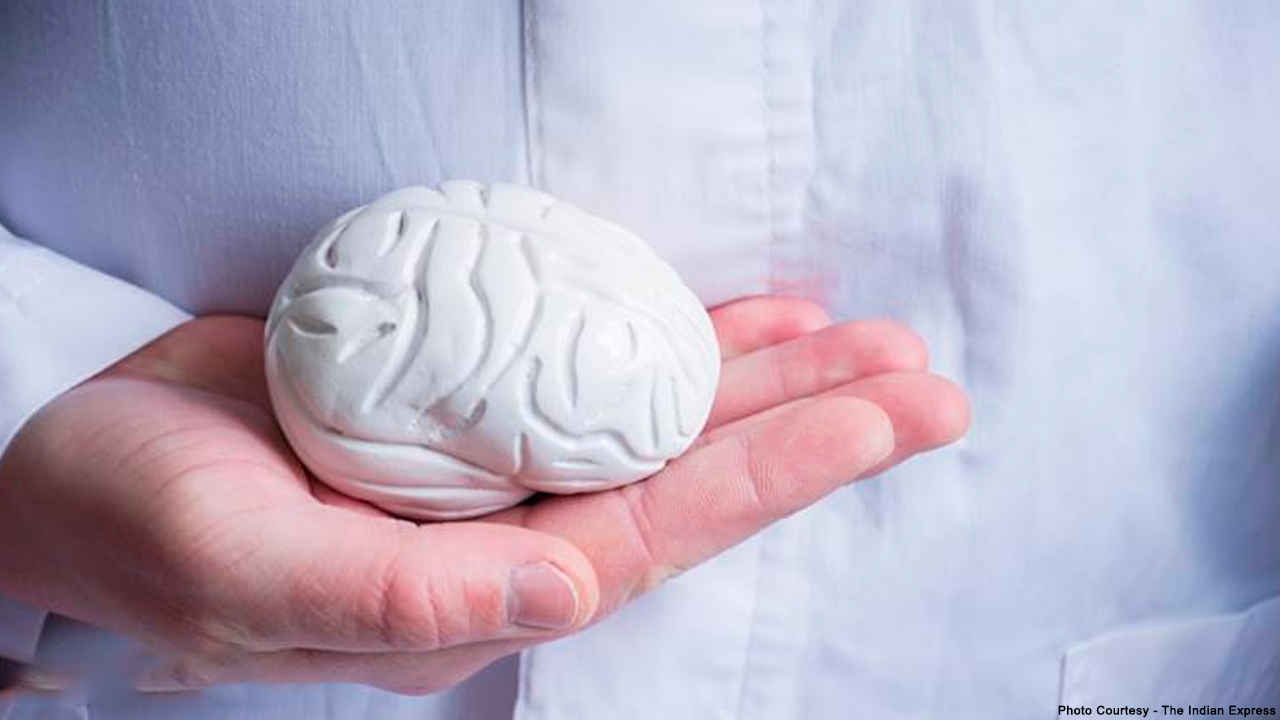The chief researcher of the WHO, Dr. Soumya Swaminathan, on Friday cautioned that the idea of "group insusceptibility", or a huge area of the populace creating antibodies against COVID-19, is as yet far off and can be accelerated by an immunization.
In a web-based life live occasion sorted out by the World Health Organization from Geneva on Friday, the researcher said that more floods of the disease would be required to get to a phase of regular insusceptibility. Accordingly, she cautioned, that at any rate for the following year or somewhere in the vicinity, the world should be "outfitted" to do everything conceivable to keep the novel coronavirus under control while researchers chip away at antibodies.
In the interim, therapeutics will help keep demise rates low and permit individuals to move on.
"For this idea of group resistance, you need 50 to 60 percent of the populace to have this invulnerability to be ready to break those chains of transmission," clarified Dr. Swaminathan.
"That is a lot simpler to do with an immunization; we can accomplish it quickly and without individuals becoming ill and biting the dust. In this way, it is greatly improved to do it that way, to accomplish group invulnerability through common disease. We would have a few waves [of infection] and shockingly likewise the mortality that we see," she said.
She included: "Over some undefined time frame, individuals will begin creating regular insusceptibility. We know now from the examinations that have been done in a large number of the influenced nations that normally between 5 to 10 percent of the populace has created antibodies. In certain spots, it's been higher than that, up to 20 percent.
"As there are influxes of this contamination experiencing nations, individuals will create antibodies and those individuals will be ideally resistant for quite a while thus they will likewise go about as boundaries and brakes to the spread of this disease," Dr. Swaminathan, a pediatrician from India and an all-inclusive perceived scientist on tuberculosis and HIV, said.
The researcher, who was tending to a scope of inquiries on coronavirus immunizations and therapeutics, said that for years to come it is critical to be centered around doing the "proper thing, for example, general wellbeing estimates that are known to work while the world hangs tight for an antibody.
"Regardless of whether the clinical preliminaries are fruitful and we have several immunizations before the current year's over, we despite everything need the many billions of dosages, which will require significant investment," she said.
Explaining on immunization advancement, the main researcher said there are more than 200 up-and-comers in some phase of improvement as she featured the phenomenal speed at which the science has been moving around the comprehension of the novel coronavirus.
"Antibody improvement is regularly a significant extensive and relentless procedure... the more competitors we have, the more open doors we have for progress," she said.
"A great many people who recuperate from COVID-19 create killing antibodies, which implies an immunization has a decent possibility of offering defensive insusceptibility," she said.
Gotten some information about the frightful possibility of failing to get an immunization for COVID-19, Dr. Swaminathan conceded that we need to engage the likelihood that we may need to "figure out how to live with this infection".
At present it appears to be startling; what will we do on the off chance that we don't have an antibody? In any case, it is a chance, there is no 100 percent ensure that we will have one. We should trust we do. Be that as it may, we know, presently, what are the measures that we can take to limit the spread of this contamination, for example, looking after separation, hand washing, respiratory cleanliness, and the wearing of veils," she said.
The coronavirus has so far asserted over 6.3 lakh lives with more than 15.5 million affirmed cases over the world, as indicated by Johns Hopkins University COVID-19 tracker.

 In a social media live event organised by the World Health Organisation from Geneva on Friday, the scientist said that more waves of the infection
In a social media live event organised by the World Health Organisation from Geneva on Friday, the scientist said that more waves of the infection




.jpeg)














.jpeg)

.jpeg)

.jpeg)


.jpeg)



.jpeg)
.jpeg)
.jpeg)


.jpg)


.jpeg)
.jpeg)
